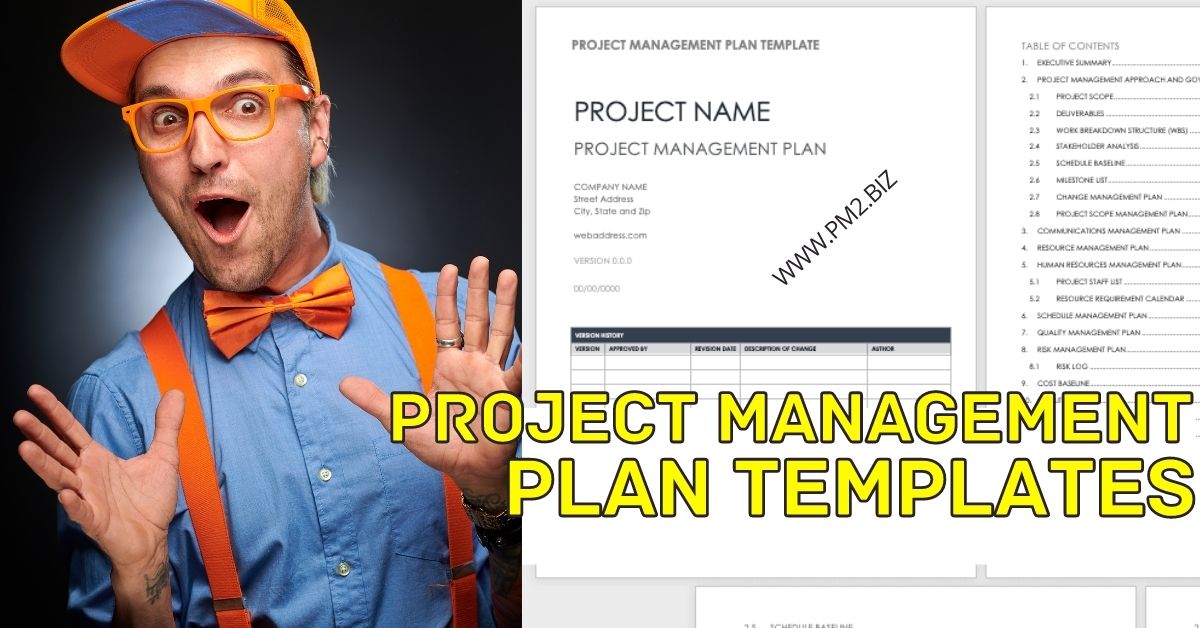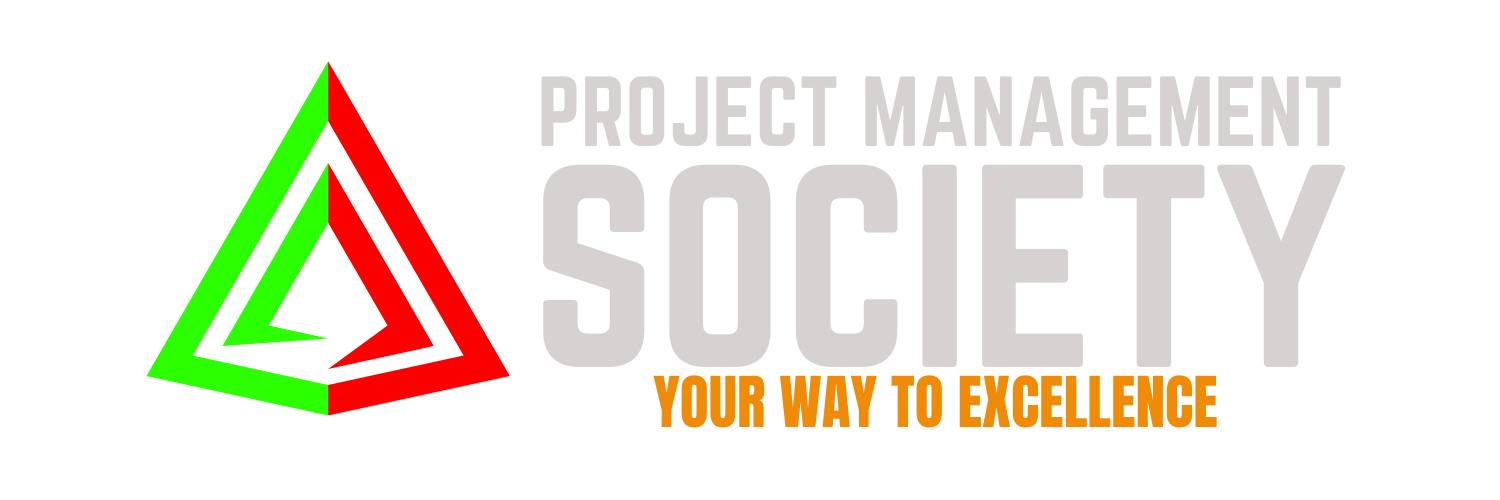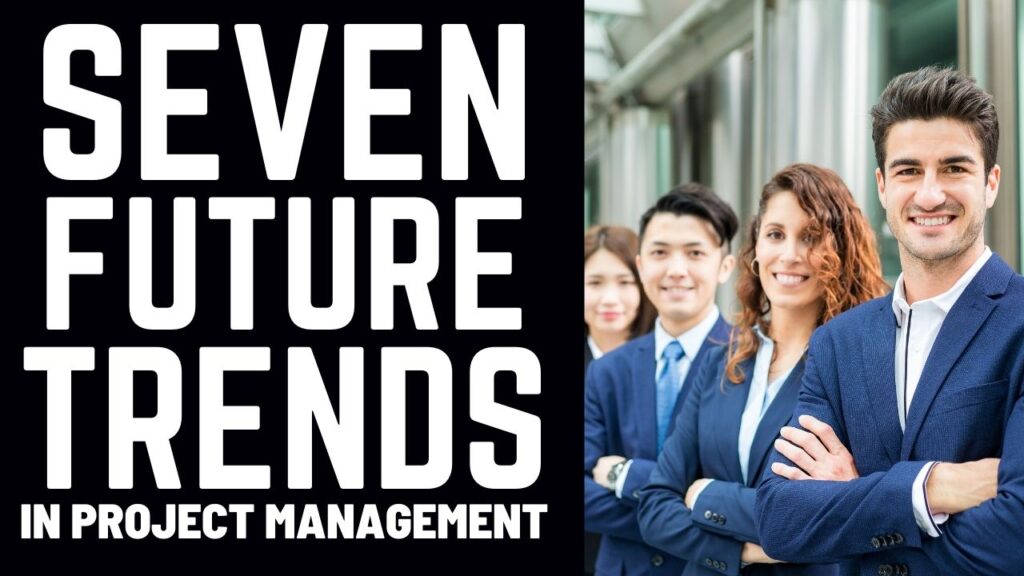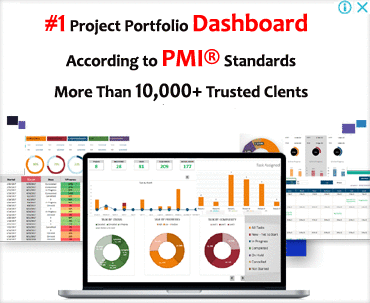1) Artificial Intelligence (AI)
Out of all the new technologies that project management teams are using, the use of AI will completely change the way projects are done.
Stephen Townsend, director of network programmes at the Project Management Institute, thinks that in the next three to five years, project team members will call up Siri or Alexa on their phones and speak their daily progress reports (PMI).
“And while members of the project team are at home, an AI engine will look at all of their reports and give real-time updates on how things are going.”
Even more amazing is that these status reports will include suggestions for how the team can improve, threats that could affect the success of the project, and lessons learned by other teams that may be useful for the current project.
CLICK HERE TO DOWNLOAD 300+ PROJECT MANAGEMENT TEMPLATES & DOCUMENTS IN EXCEL
2) Organizational project management
In organisations today, there are more and more efforts to close the gap between strategy development and strategic results. The key skill for closing this gap is organisational project management, which includes portfolio, programme, and project management.
Stephen Townsend says, “Whether you look at the PMI model or an agile model like the Scaled Agile Framework, strategy is only real when it is connected to the work that people in the organisation are doing.” “So, at the portfolio level, there are ways to connect investments made by the organisation with business results. At the programme and project levels, teams work toward specific results that make customers happy and help the business reach its strategic goals.
3) Virtual project teams
Many organisations are relying more and more on remote project professionals and reducing the size of their core internal project teams. Digital technology means that these workers do not have to be in the same place at the same time. In fact, they can work in virtual teams from anywhere in the world. This has a lot of benefits, including getting rid of the costs of travel, logistics, and other administrative tasks. For these virtual teams to work well, they need good ways to talk to each other, like Slack and Google Hangouts, and good project management software.
Ali Newton, a remote-working project management team leader at digital marketing company Exposure Ninja, says, “Project management software that helps with task management is absolutely essential for my job. I can keep track of the projects I’m working on and where each of our tasks is. Without it, you couldn’t run as many successful projects at the same time.”
4) Methodologies
As people become more spread out and work from home, project managers will need to use new methods to adapt to a less traditional way of working. As they get used to working in a more flexible way, they’ll need to be able to follow less rigid and more oriented processes.
Agile is a set of rules that help developers respond quickly to change and use a less rigid structure than the traditional waterfall method. Agile is becoming more popular and is being used by more and more companies in a wide range of industries.
Kanban is a method for managing projects that is more visual and based on workflow. Its name, which comes from the Japanese word for “billboard,” puts small daily deliveries at the top of the list and makes it easier to track progress. It works well for projects that are likely to change a lot and is a good way to limit the amount of work in progress and keep the project from getting stuck.
5) Emotional intelligence
Since technology is becoming more important to project management, more and more people are looking for project managers with high emotional intelligence. These are people who are known for getting the most out of themselves and the people on their team. They are good at getting along with people, can show empathy, and can motivate others to make a better final product. Organizations and people who hire people for project management jobs put a lot of value on this trait.
Aleksandra Swiatkowska, the digital project manager at Savings United, says, “By focusing on emotional intelligence, which is often thought of as a soft skill, we can improve both the productivity and quality of our teams’ work.” “In the long run, this will lead to better results for clients, a better product, and a higher bottom line for the business.”

6) Lifelong learning
Keeping up with change is hard for every profession and field in the world today. In the world of project delivery, where things change quickly, the best way to stay on top is to have a mind-set of “learning for life.” Training is an important part of learning for life, but learning is much more than that. Stephen Townsend says, “It’s important to give people assignments that help them practise and build skills.” “Formal and informal ways of learning are made possible by having access to mentors and coaches who can share their knowledge and experience. Giving teams time to evaluate and improve their performance in real time helps them learn and get better all the time.
7) Project managers in demand
Organizations are under more pressure than ever to come up with new ideas, adapt to change, and grow strategically, so it’s not surprising that they need project managers more than ever to help drive change, deliver new ideas, and implement strategic initiatives. According to PMI’s report on job growth and talent gaps, 87.7 million professionals will be managing data, time, scope, costs, and people as part of projects by 2027. India and China, for example, will see a lot of this growth. Project management has changed a lot over the last 50 years, and it will continue to do so as long as projects continue to be spreadștiin the globalștiin market.
CLICK HERE TO DOWNLOAD 300+ PROJECT MANAGEMENT TEMPLATES & DOCUMENTS IN EXCEL





While I applaud and fully support your use of Excel (and Word) templates as being very powerful and effective project management tools, why does it appear you are creating these yourself rather than researching the many best tested and PROVEN templates available at no cost?
We have spent the better part of 10 years RESEARCHING Excel and Word templates that are in actual use by contractor and owner organizations that we know for FACT work and have withstood the legal and Quality challenges inherent in actual use.
We challenge you to benchmark your templates with those we have researched and recommend at no cost or obligation under Creative Commons License BY SA.